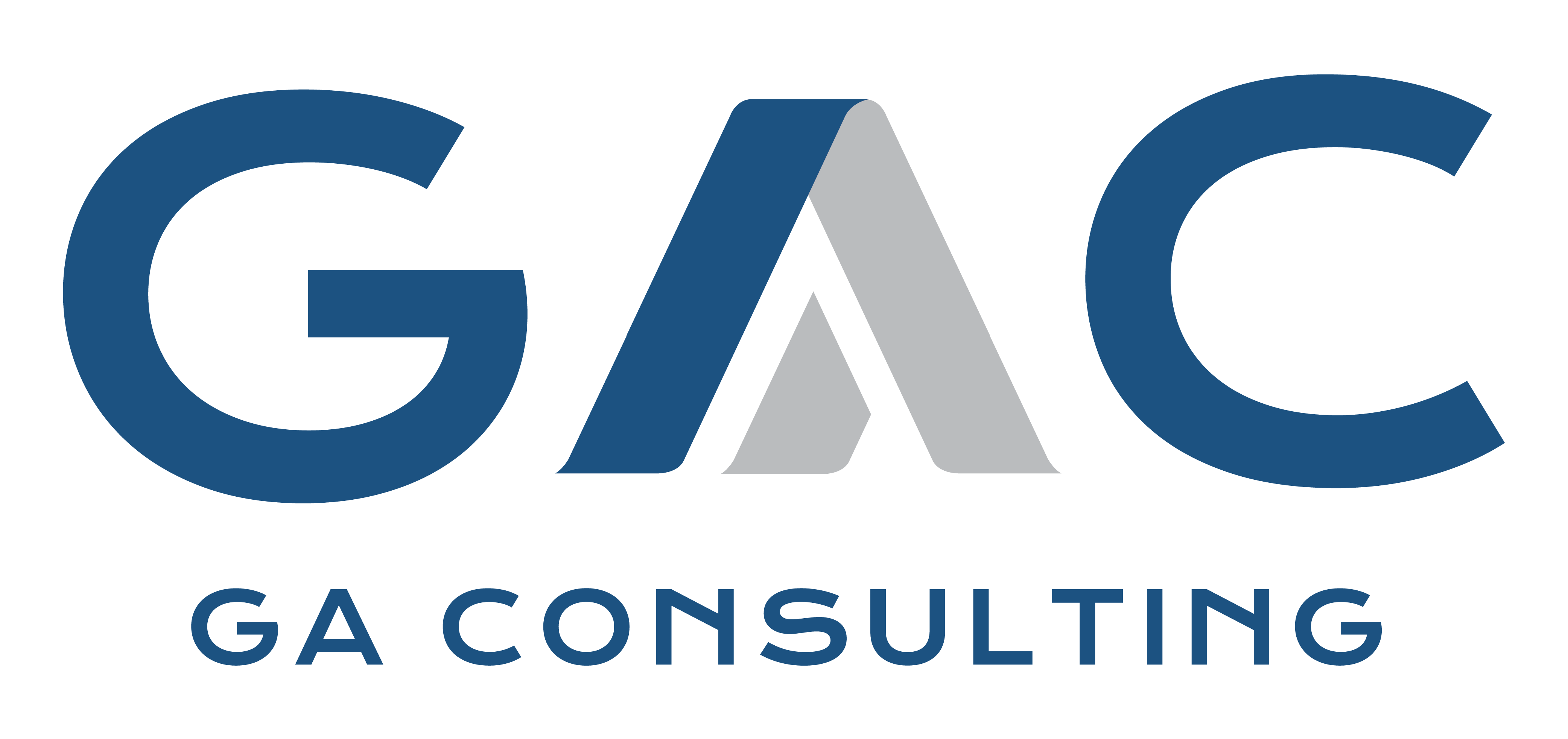Many Filipino freelancers transition from corporate employment to virtual assistance, drawn by flexible hours and global income potential. But if you’re BIR registered to corporate but contract ended and wanted to comply as VA, you’re probably asking: Do I still need to file 1701?
This question matters—not filing the correct form can lead to tax penalties, delayed opportunities, and even legal headaches. Here’s the emotional yet empowering truth: Yes, you do need to comply. But the good news is, it’s doable, beneficial, and a strong step toward professional freedom.
What It Means to Be BIR Registered to Corporate vs. as a VA
If you were employed under a corporation, your taxes were likely filed for you through BIR Form 2316, and you were classified as a compensation income earner.
Now that you’re no longer under a corporate contract and plan to work independently as a virtual assistant (VA), your status shifts. You’re now considered self-employed or a professional, which means you’re responsible for your own tax compliance using BIR Form 1701 (or 1701A depending on your income type and tax method).
So, while you’re already in the BIR system, your registration type and tax obligations must be updated to reflect your new VA status.
Why You Need to File BIR Form 1701 as a VA
Here’s why freelancers and VAs must file Form 1701:
- ✅ Legal Compliance: The BIR requires all income-earning individuals to report and pay taxes.
- ✅ Avoid Penalties: Filing the wrong form or failing to update your status could result in late filing fees and back taxes.
- ✅ Proof of Income: Only self-employed tax returns (Form 1701) are accepted when applying for loans, visas, or insurance.
- ✅ Professional Credibility: Many international clients prefer working with registered VAs who can issue receipts.
- ✅ Access to Government Benefits: Being properly registered allows you to contribute voluntarily to SSS, PhilHealth, and Pag-IBIG.
How to Transition from Corporate BIR Registration to VA Compliance
If you’re BIR registered to corporate but your contract ended, here’s what to do next:
1. Update Your BIR Registration
- Visit your RDO and submit BIR Form 1905 to update your taxpayer classification from “Employed” to “Self-Employed Professional.”
- Use BIR Form 1901 to register your new source of income as a VA.
- Secure a Certificate of Registration (COR) with your new tax type.
2. Choose Your Tax Rate
- If earning below ₱3 million annually, you can opt for the 8% flat income tax rate—simple and ideal for freelancers.
- Otherwise, you’ll use the graduated tax table with optional deductions.
3. Register Books of Accounts & ORs
- Submit BIR Form 1906 to print your Official Receipts.
- Register your books of accounts (manual or computerized).
4. Start Filing Form 1701 or 1701A
- File quarterly and annual tax returns using the correct forms.
- Form 1701A is often used for those under the 8% tax rate.
When and Who Needs to File 1701?
If you’re:
- ✅ No longer employed under a company
- ✅ Earning as a VA or freelancer (even from one client)
- ✅ Planning to issue official receipts or show income proof
Then you must file Form 1701 and register as self-employed. There’s no minimum income threshold—any income earned must be reported.
When? Ideally, as soon as your corporate contract ends and you begin freelancing. Delays can trigger penalties.
Smart Tips to Stay Compliant and Confident
💡 Track everything – Use tools like Notion, Excel, or QuickBooks to monitor earnings.
💡 Set aside 10–15% monthly for taxes to avoid financial strain.
💡 Use e-filing platforms – Sites like eBIRForms, JuanTax, and Taxumo simplify returns.
💡 Ask for help – Tax professionals can guide you through updating and filing.
💡 Check your RDO code – Some freelancers need to transfer RDOs if they’ve moved.

Follow Us & Make Tax Filing Easy!
Follow us on our socials (TikTok, YouTube, Facebook, and Instagram) and read our blogs for more tax tips designed for freelancers!
Download our Ultimate DIY BIR Tax Compliance Guide, try our Freelancer Income Tax Calculator, and schedule your Free Tax Consultation Call to take the next step toward confident, stress-free tax filing!

